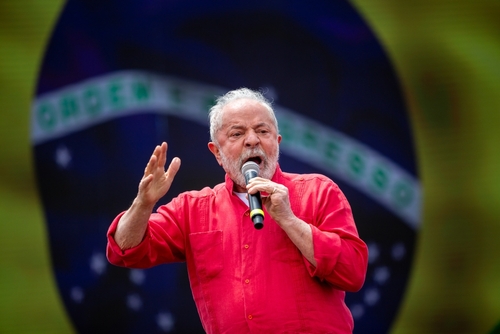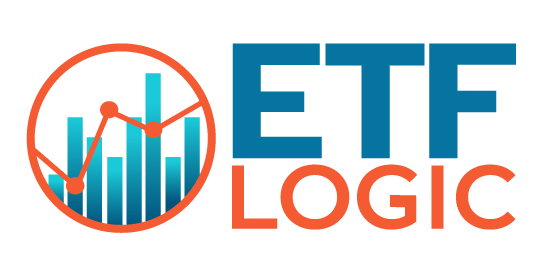Brazil ETFs have continued their run as stand-out performers in 2022 after rallying on news former president Luiz Inácio Lula da Silva had beaten Jair Bolsonaro in run-off elections last Sunday.
After initially dropping as much as 4% in early morning trading, the $1.8bn iShares MSCI Brazil UCITS ETF (4BZL) as up 2.4% on Monday, according to data from FactSet, as left-wing candidate Lula beat the incumbent Bolsonaro by a narrow voting margin of 50.9% to 49.1%.
The tight result came during a second round at the ballot box, after both candidates failed to produce a majority at the first election on 2 October. At the election earlier in the month, Lula commanded a 5% advantage with a 48.4% share of the vote, which saw 4BZL rise 9.2%.
While the Associated Press reported Bolsonaro did not initially concede defeat after Sunday’s run-off election, the absence of major civil unrest meant the presidential race ran more smoothly than many had anticipated.
Edward Glossop, emerging market economist at abrdn, said financial conditions in Brazil will likely remain volatile in the coming days as markets await Lula’s key personnel appointments and any further reaction by Bolsonaro to his defeat.
“While Lula has been elected on a mandate to expand Brazil’s social welfare, raise taxes and reverse privatisations, solid support for centre-right parties in Congress may mean some of his policies will need to be diluted,” Glossop continued. “And with central bank governor term limits no longer synced with the presidency, the Brazilian Central Bank should be an anchor for financial markets.
“Demonstrations by Bolsonaro’s staunch loyalist supports, such as truck drivers blocking roads in some states, failed to gain broader traction. More generally, across the political spectrum, there appears to be little appetite for triggering a constitutional or institutional crisis.”
After 4BZL returned -6.4% in September, the prospect of less hard-line leadership – more open to international economic cooperation and even ESG – have been the tonic Brazil ETFs needed. All Brazil ETFs in Europe returned between 3.8% and 5.9% over the past month, as at 30 October.
Recent political news also saw the product class regain some of the form it found in Q1, where all six UCITS Brazil ETFs returned more than 40%, owing to their 42% weightings to materials and energy sectors.
This bias to old economy, commodity-focused companies did not favour Brazil ETFs over the previous 15 years, where they essentially acted as a counter-cyclical play on low interest rates and the rise of debt-laden, longer-duration exposures.
In 2022, however, the commodity overweight has been a favourable one, with few single-country ETFs able to match Brazil products’ returns. 4BZL has claimed $1.2bn new money and returned 18.6% so far this year, according to data from ETFLogic.
Related articles




